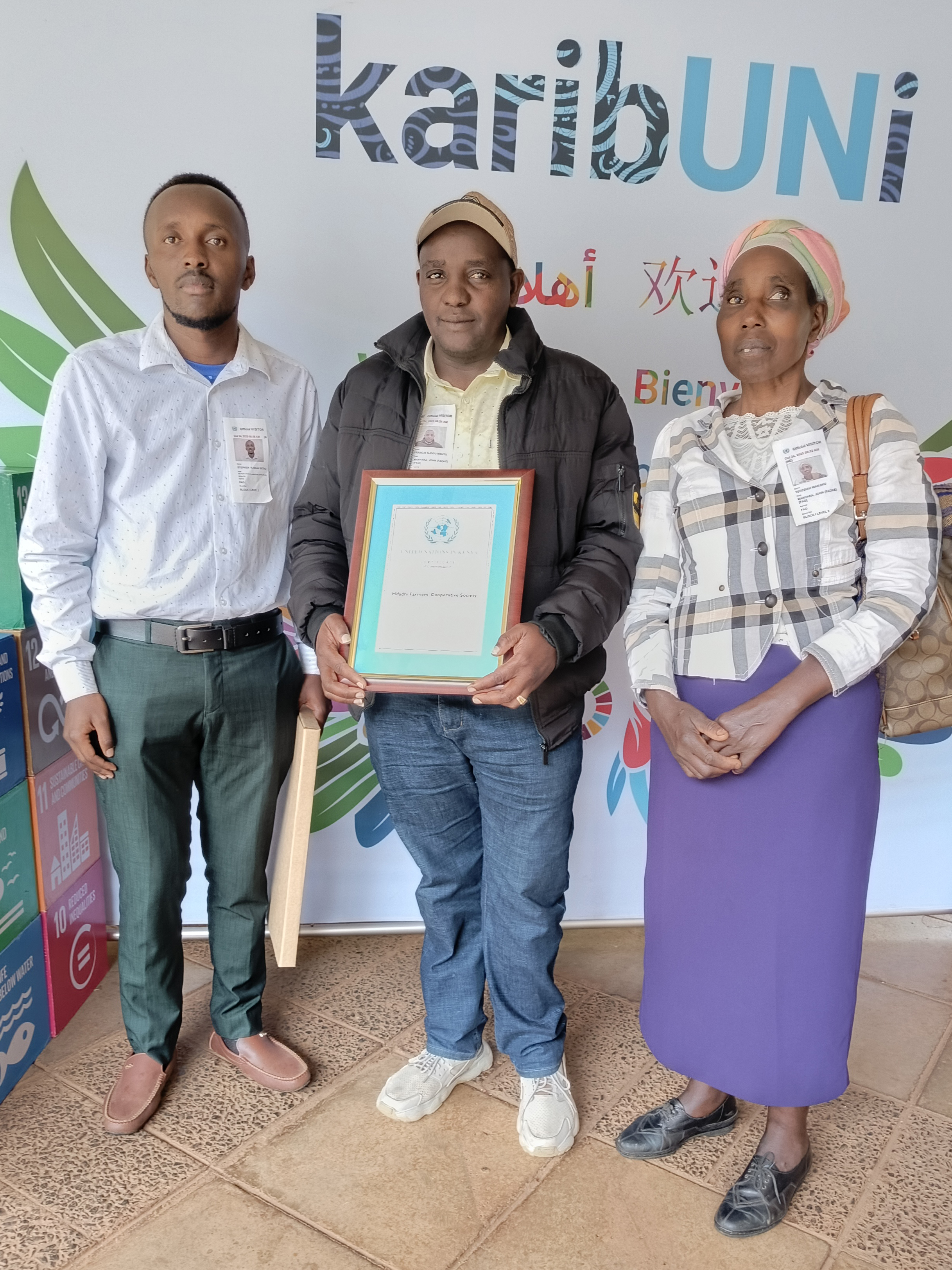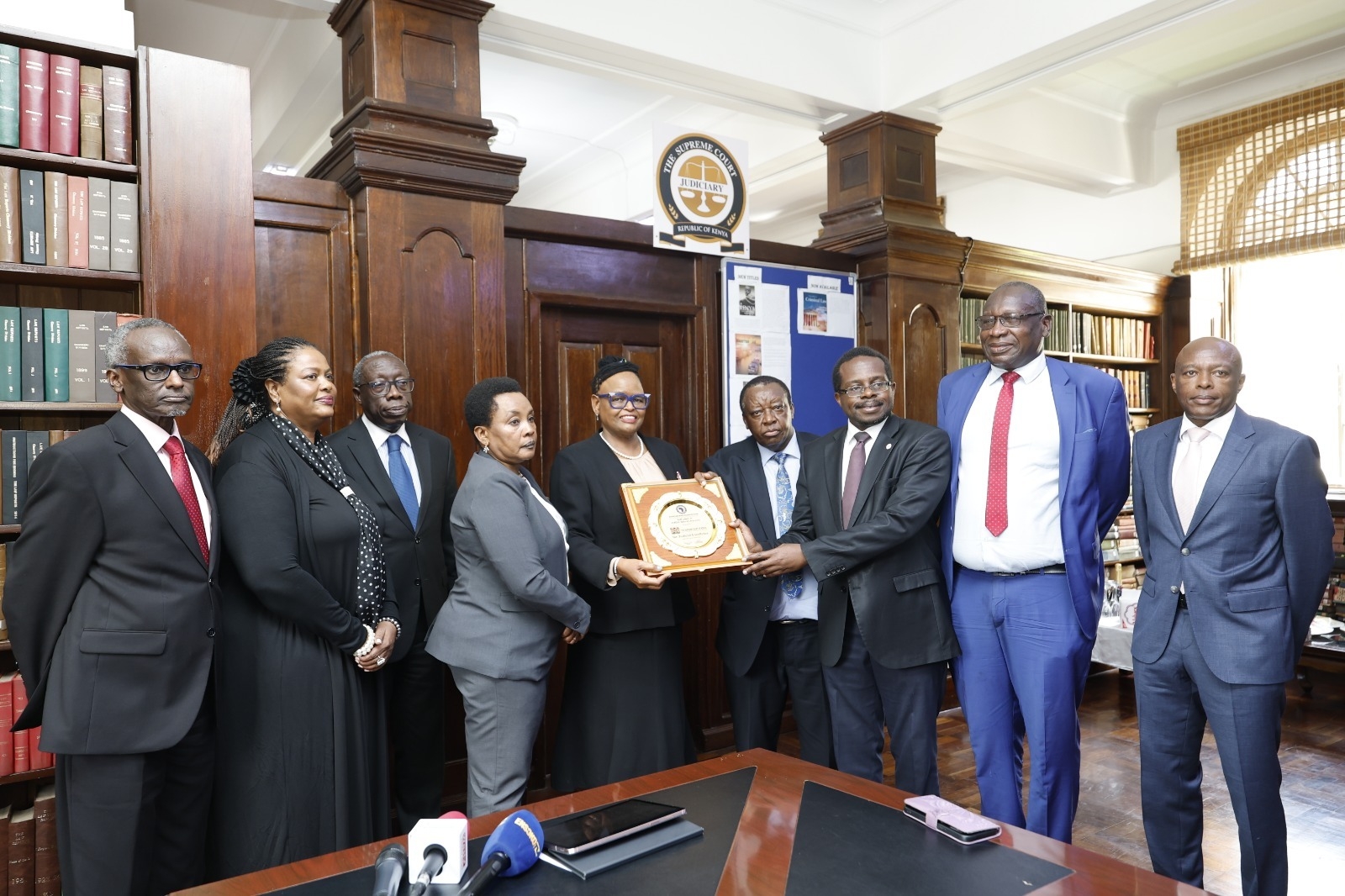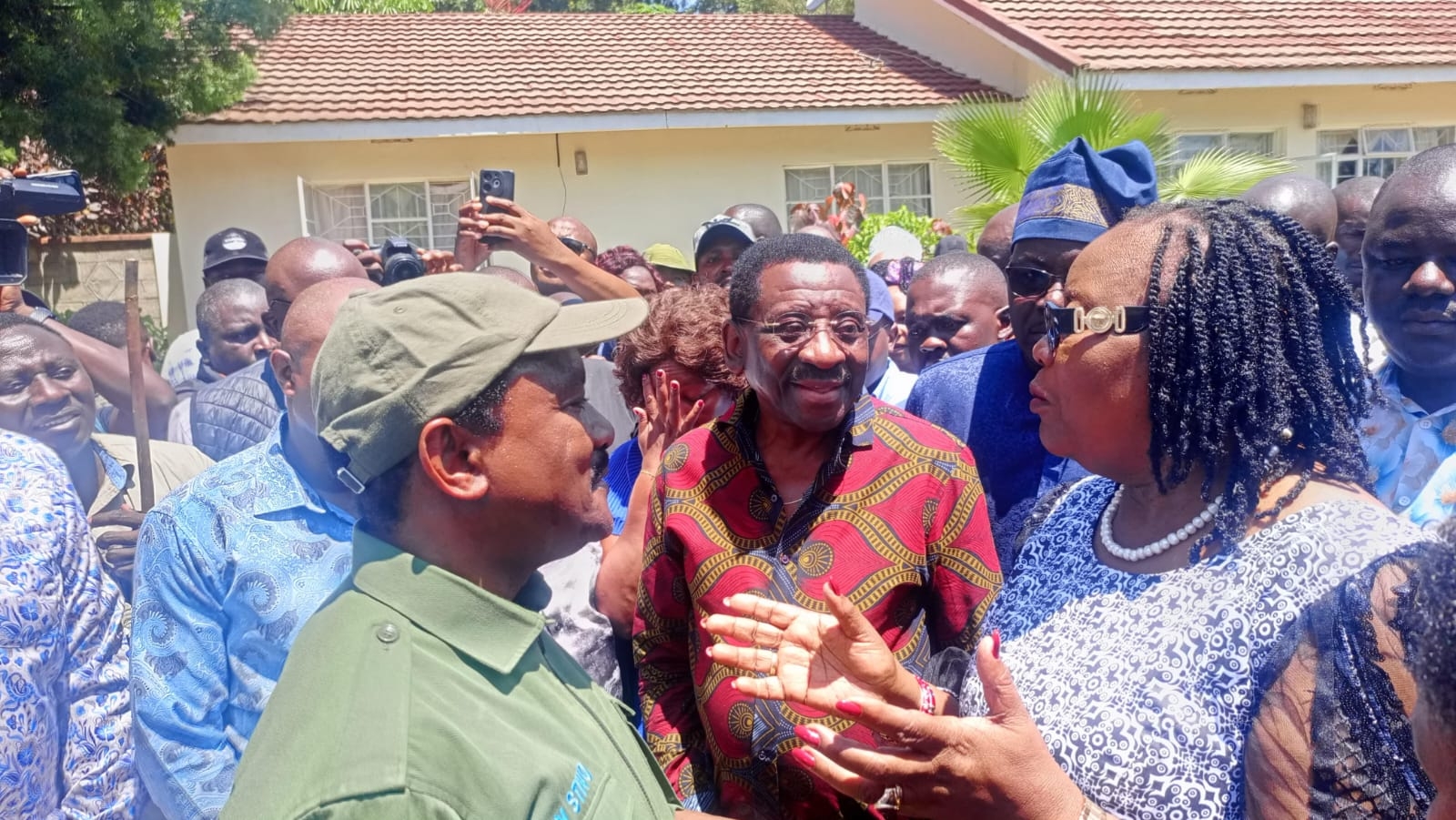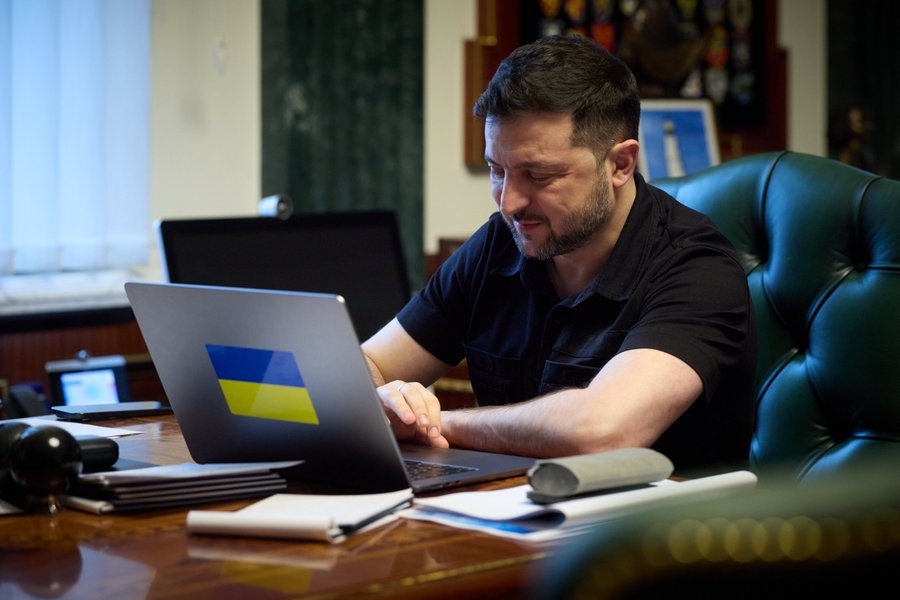 Hifadhi Farmers Group members led by chairman Francis Njogu (centre)
/AGATHA NGOTHO
Hifadhi Farmers Group members led by chairman Francis Njogu (centre)
/AGATHA NGOTHO
A community beekeeping group in the Eburu Forest landscape
has been named runner-up for the United Nations Person of the Year Award,
earning international recognition for its innovative approach to conservation
that combines environmental protection with livelihood improvement.
Hifadhi Farmers’ Group, based around the Eburu Forest in Ndabibi, Nakuru county, was honoured for its efforts to restore degraded forest land and empower local households through beekeeping.
The group, which is part of the Eburu Community Forest
Association (CFA), has worked for more than a decade to change how communities
relate to the forest, shifting from exploitation to stewardship.
For many years, Eburu Forest experienced rampant deforestation,
charcoal burning and illegal logging. According to residents, the forest was
seen as a resource with no guardianship, leading to habitat loss, reduced water
sources, and declining wildlife.
Hifadhi Farmers’ Group chairman Francis Njogu said there was
no sense of ownership. “People cut down trees freely because they believed the
forest belonged to the government, not to them. When you do not feel a sense of
ownership, you do not feel responsible.”
The turning point came in 2012 when community members formed
the CFA to champion sustainable management of the forest. Their approach
focused on awareness, training and involving people directly in restoration
activities. In 2015, the group partnered with Imarisha Naivasha Trust to
introduce beekeeping as both a conservation tool and a source of income.
He said beekeeping has since become central to the
community’s conservation strategy. The group now manages more than 500 beehives
placed along the forest edges and within restored areas. The bees act as
natural protectors of the forest. Because beehives discourage logging and
burning, sensitive areas are shielded from destruction.
“If someone knows there are beehives in a certain location, they avoid cutting trees there,” he said. “At the same time, honey brings income to families. So instead of destroying the forest, the forest now supports their livelihoods.”
Njogu said honey sales have helped families pay school fees,
buy household supplies and reduce reliance on forest wood and charcoal for
income. For many families, this shift has made conservation both possible and
practical.
He added that the UN recognition serves as motivation to
continue. “This award tells us that hard work pays. We have been doing this for
years without expecting praise, but today the world has seen what a community
can achieve when it works together,” he said.
The award was presented during the UN Day celebrations,
marking eight decades of the United Nations’ work around the world. In Kenya,
the celebrations highlighted partnerships between communities, government and
development organisations working to achieve the Sustainable Development Goals
(SDGs).
Speaking at the event, Food and Agriculture Organization Representative
in Kenya ad interim Dr Nyabenyi Tito Tipo commended the Eburu community for
demonstrating that nature-based solutions can address both climate and
livelihood challenges.
“This award recognises the commitment of communities who are
protecting forests, restoring biodiversity and securing sustainable
livelihoods,” she said.
“Bees are some of the most important pollinators in our food
systems. By protecting bees, this community is also protecting the environment
and supporting food security.”
She added that the UN and FAO remain committed to supporting
climate-smart agriculture, forest restoration and community-led conservation
models. FAO is currently implementing a five-year programme in Kenya valued at $70–80
million (Sh9.1-10.4 billion), focusing on better nutrition, sustainable production,
responsible investment and improved rural livelihoods.
Part of this work includes ensuring farmers understand and
can comply with new global standards, such as the European Union Deforestation
Regulation, which affects export products linked to forest areas.
“It is important that farmers are informed, trained and
supported to adapt,” she said. “We work closely with government ministries and
farmer groups to ensure awareness and preparedness, so that no community is
left behind.”
Njogu said the Eburu Farmers’ Group plans to expand its
beekeeping network to neighbouring communities and schools to ensure young
people understand the importance of forests early in life. The group also hopes
to establish a honey processing and packaging centre to improve income returns.
“If communities understand that conservation can improve their lives, they will protect their environment,” he said. “The forest is ours. When we take care of it, it takes care of us.”


















